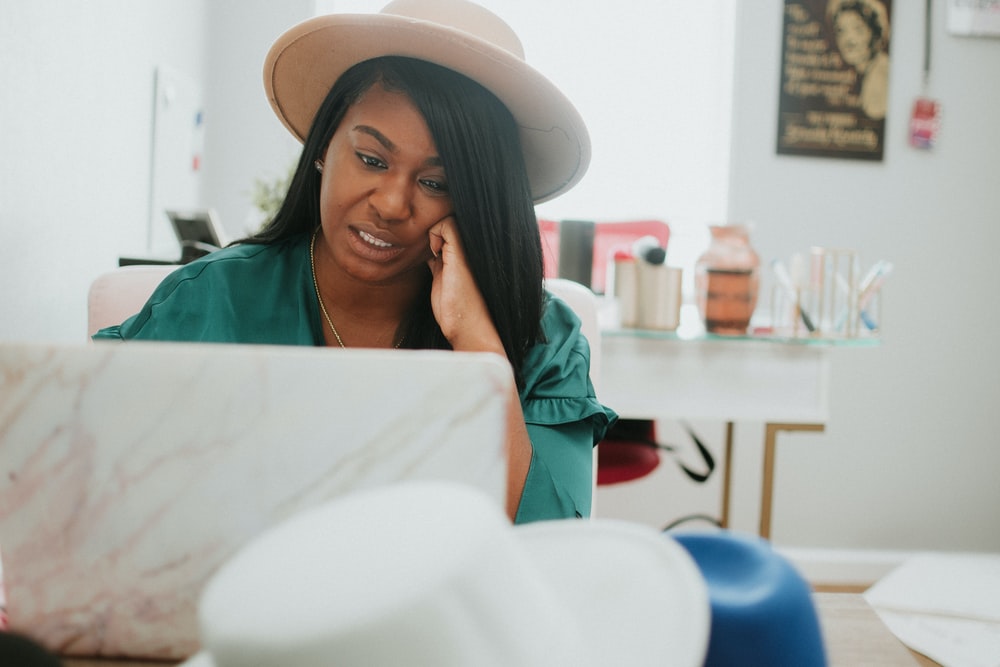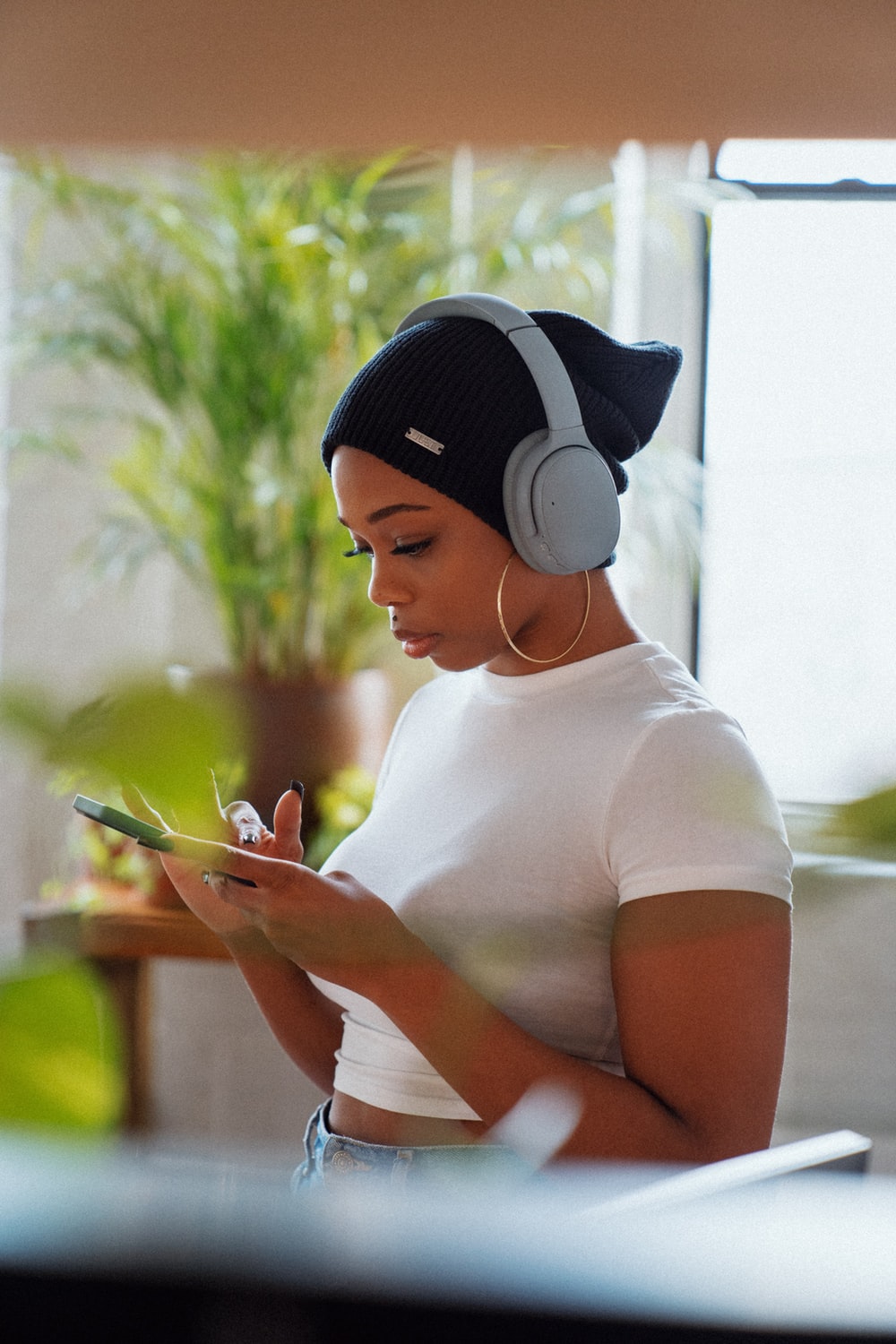Procrastination and anxiety are both things we’ve all experienced at one point or another, but did you know that they go hand in hand?
Yes, procrastination is oftentimes a result of having some lingering, unchecked anxious feelings about accomplishing your personal goals; your ability to successfully complete the task at hand; or just life in general.
It can be kinda difficult to spot because sometimes we really aren’t in the mood to put our best foot forward, and so it’s important we know how to differentiate between the two.
So here’s a super helpful (and much needed!) mental health check-in!
Have you been struggling with procrastination lately?
Here are 3 ways to tell if you’re actually dealing with a mild case of anxiety.
Small tasks feel so overwhelming that they’re hindering you from completing a bigger goal.

You know that you only have two chapters of that book to read for school and then you’re done; You know that there are just a few dishes in the sink, but it’s your third day avoiding the dishwasher; You know that if you finish that quick PowerPoint for work, you’ll be able to turn it in to your boss and be considered for a promotion.
You know all of these things are really small but can help you achieve a bigger goal, but you still choose to avoid them.
Why? Well, your first thought might be shameless procrastination or sheer laziness, but this is actually a telltale sign of anxiety.
When you avoid completing tasks, that’s a sign of anxious energy around the idea of completion.
You may have a subconscious fear of endings; you’re afraid to see what responsibilities you’ll have to take on next; or you feel like there’s not enough time in the day, so you end up neglecting things that don’t actually take up too much time.
There are a myriad of reasons why something so small can feel hugely overwhelming.
So the next time you’re down on yourself about procrastinating, have some empathy and compassion for yourself and consider the idea that it might really be anxiety.
You’re constantly stuck in a cycle of perfectionism that only leads to more anxiety.

Perfectionism is a cruel joke because perfection simply doesn’t exist.
You can spend countless hours nitpicking at a perfectly fine person, place, or thing because your anxiety has suddenly decided to run roughshod over you and your tasks at hand.
It’s uncomfortable; it’s panic-inducing, and it’s the reason why we must know when to stop.
Like anxiety, perfectionism is often caused by a much larger, much more specific issue.
A fear of failure or making mistakes, low self-esteem that causes you to fear being seen as incompetent, or even underlying mental-health issues are all common causes of perfectionist tendencies in work, love, and life in general.
Like most mental and emotional hang-ups, anxiety-induced perfectionism can be overcome with consistent effort, such as:
- Setting small, easily achievable goals within your bigger plan.
- Practice a level of mindful detachment when receiving criticism.
- Work on your self-worth and esteem, in general.
- Shift your perspective to admittance that imperfection is okay.
There a number of different things you can do to keep perfectionism at bay, but it all starts with shifting the things that we’ve been conditioned to believe about ourselves and the way our contributions are perceived in the world.
Distractions become a source of relief and a way to escape responsibility for you.

Mindlessly scrolling through our phones, listening to music, or diverting our attention to another task we had to do are just a few ways we like to procrastinate.
But what if I told you all of those things (and the like) aren’t just ways to pass time—they’re also a way to self-soothe our anxiety about getting a task done?
Yes, all of the activities we like to do when we procrastinate can serve as a form of escapism from not only the tasks at hand, but the anxiety itself.
It’s no surprise that finishing a research paper on a tight deadline gives you anxiety, while watching TV encourages the release of dopamine; or why even bother going to the gym when you can just sit on your couch and take a nap?
We look for ways to feel good when things get uncomfortable for us, and the constant, unfortunate dance between anxiety and procrastination is really no different. For this particular issue, you can try solutions like:
- Mel Robbins’ 5 Second Rule
- Turn your to-do list into a game.
- Break your big tasks into smaller ones.
- Try listening to music while you work.
- Give yourself small rewards as you go.
Getting through anxiety-induced procrastination is no easy feat and we totally empathize with that.
Be kind, empathetic, and patient toward yourself as you pick up a greater understanding of how you work, and develop much healthier, beneficial habits.







